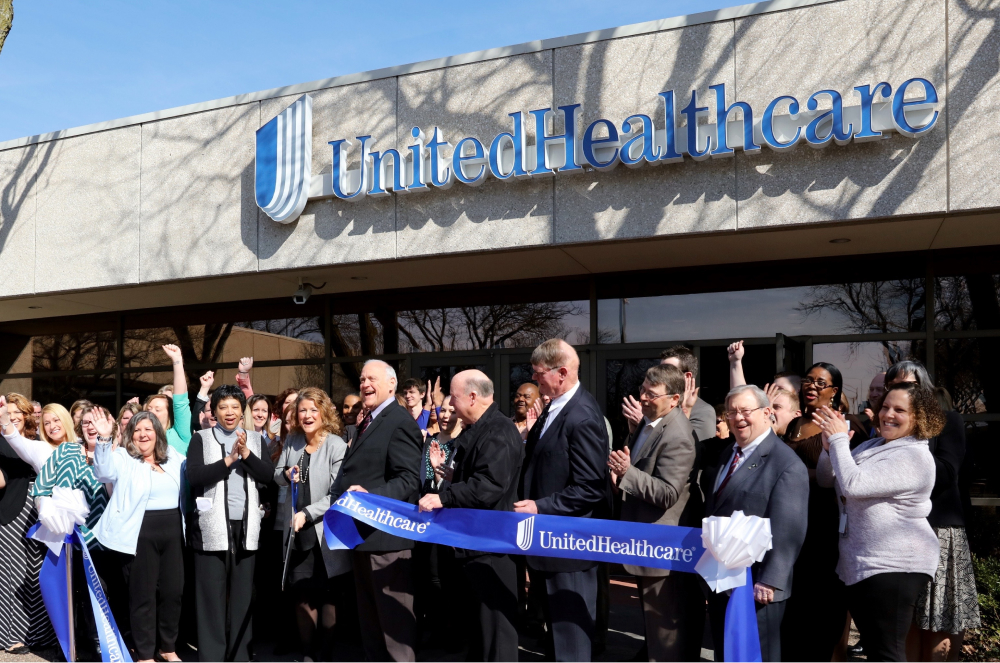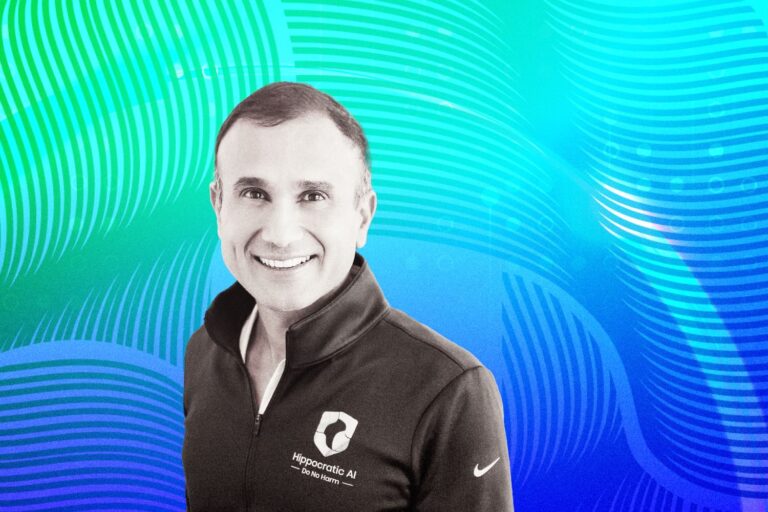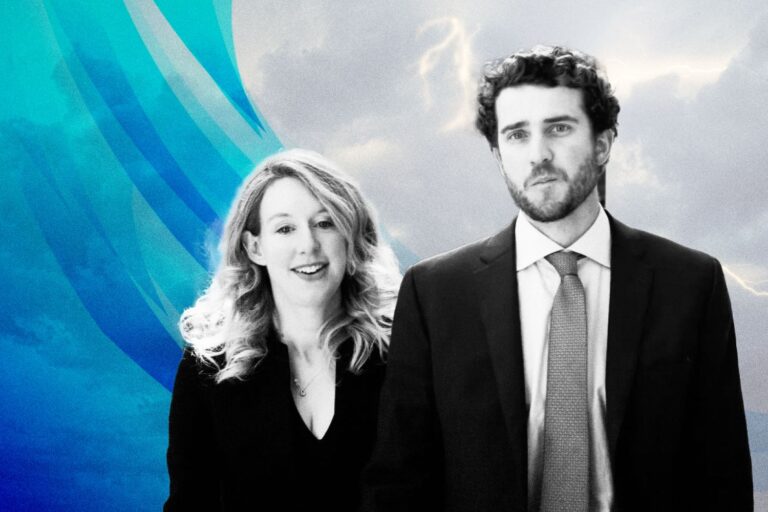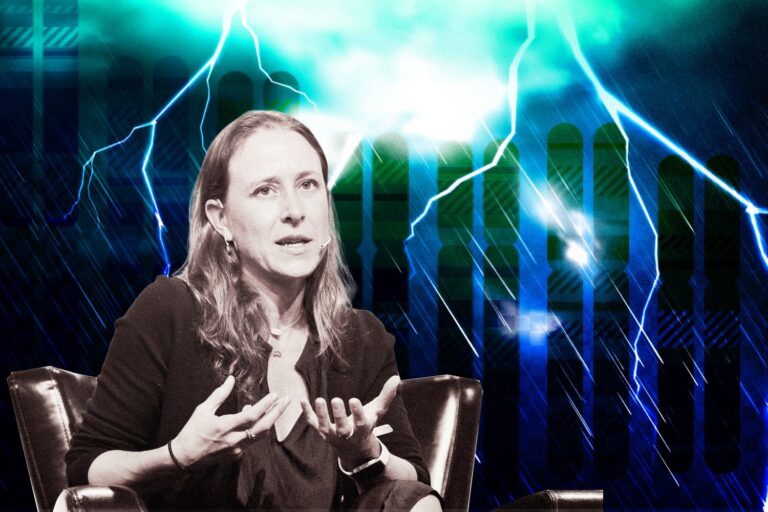High-Performing Behemoths That Disrupt Healthcare Sphere in the 2010s
The 2010s have been a busy decade for various corporate news as businesses with well-established experience within the healthcare space acquire competitors, release new offerings, and butt up against non-traditional newcomers looking for their own slice of the highly lucrative pie.
Given the competitive business landscape, there exist a handful of healthcare behemoths that deliver outstanding performance – generating and leveraging their huge resource availability to reshape the healthcare sector exponentially. Let’s read on to explore!
#1. UnitedHealth Group
Among the middlemen tasked with making today’s healthcare efficient and cost-effective is UnitedHealth Group, the highest-performing healthcare company by revenue in the U.S. and also over the world – whoppingly $226.24 billion in 2019 by Fortune’s Fortune 500. Founded in 1977 and headquartered at Minnesota, U.S.; UnitedHealth Group is a health insurance company that also offers data analytics and consulting services to health care providers, as well as pharmacy care services.
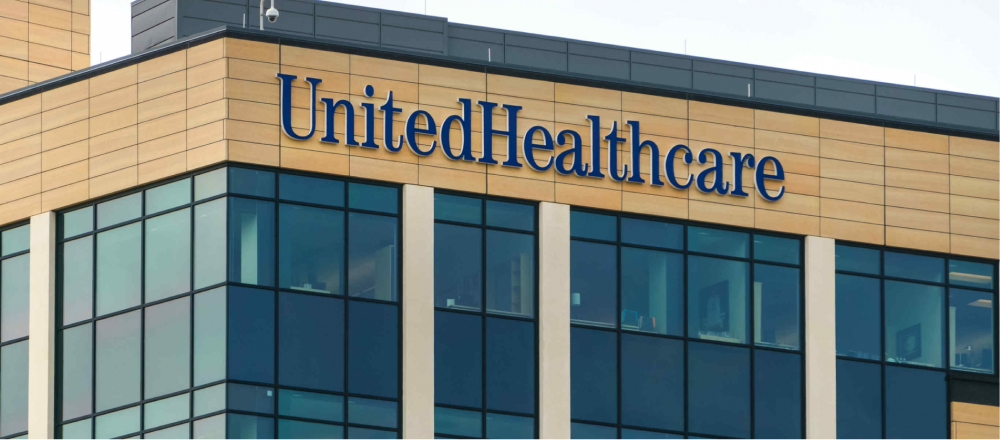
Primarily an insurer, such a healthcare behemoth claims over 130 million customers worldwide. The UnitedHealth Group has two principal divisions: UnitedHealthcare, its benefits arm, and Optum – a branch that encompasses three separate sectors: OptumRx, a mail-order pharmacy; OptumHealth, which operates health savings accounts; and OptumInsight, a payment processor for healthcare providers. Amongst them, UnitedHealthcare dwarfs Optum, accounting for roughly 81% of UnitedHealth Group’s revenue in FY 2018.
Being committed to introducing services, products and innovative approaches that can promote healthier populations and improve personal health in local communities, the UnitedHealth Group strongly focuses on developing their core areas of capabilities – which include advanced technology, clinical expertise and health and data information which uniquely enable them to keep pace with the evolving needs of the health care industry.
Through strategically aligning the two business platforms of United Healthcare and Optum, the group has been offering health services and benefits to people residing in all 50 states in the US. Its geographic presence is also expanded across North America, South America, Europe, Asia Pacific, and the Middle East. With the motto of “help people live healthier lives”, the UnitedHealth Group intends to address the biggest challenges in the healthcare sphere while also ensuring that patients always remain at the center of their quality and reliable healthcare services.
In addition, the Minnesota-based giant holds immense experience and knowledge in organizing health care resources to serve the specific needs of local markets. Employing state-of-the-art technology, it has also helped connect participants in health care by allowing a variety of interactions at an enormous scale. In fact, their unique skills do cover collecting, analyzing, and managing data from reliable sources to translate into actionable information.
Throughout its history, the company has acquired a myriad of competing healthcare providers. In the year 2017, UnitedHealth Group completed the acquisition of Rally Health Inc, DaVita Medical Group, and Banmédica which have performed an instrumental role in their increased share of the revenue. Plus, most recently, in June of 2019, it purchased an online patient community portal – PatientsLikeMe – for an undisclosed sum, which is reportedly incorporated into UnitedHealth Group’s research arm and focused on health innovation and improvement.
#2. McKesson
Founded in 1833 and headquartered at San Francisco, McKesson Corporation has been engaged in healthcare supply chain management solutions, retail pharmacy, community oncology and specialty care, and healthcare information technology. Beginning as a small shop in Manhattan, now, with strong focus, effective strategies, and consistency, McKesson Corporation has grown to become the world’s largest wholesale distributor of pharmaceuticals and other medical products, generating the revenue of $208.36 billion in 2019 alone.
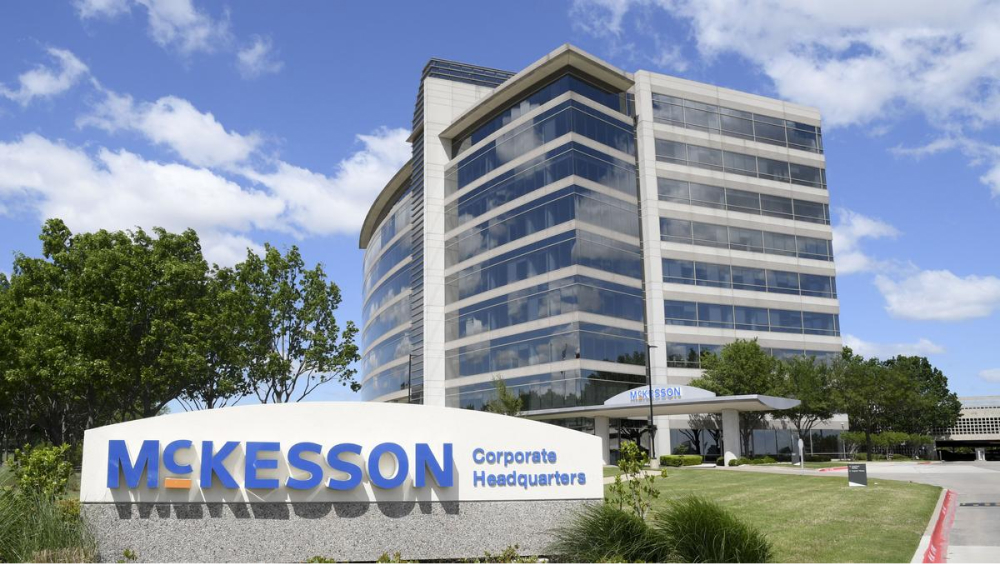
Quite similar to the UnitedHealth Group, McKesson’s operations are divided into two segments, namely McKesson Distribution Solutions and McKesson Technology Solutions. Whereas the McKesson Distribution Solutions distributes branded and generic pharmaceutical drugs and other healthcare-related products along with provides practice management, technology, clinical support, and business solutions to community-based oncology and other specialty practices, the McKesson Technology Solutions does offer clinical, financial, and supply chain management solutions to healthcare organizations.
Based out of the US, McKesson aims to distribute their diverse portfolios of pharmaceutical products and medical supplies globally. Up to now, the company has established a solid network of distribution across North America, Europe, Asia-Pacific, Latin America, and Middle East & Africa. Starting as an early adopter of technologies like pharmacy robotics, barcode scanning for distribution, RFID tags, and more, McKesson has successfully adopted the technology to the fullest to simplify their workings.
#3. CVS Health
Headquartered in Rhode Island, Woonsocket, and established in the year 1964 as a chain of beauty and health aid stores, CVS Health – formerly CVS Caremark Corporation – is one of the renowned American retail healthcare companies and a retail pharmacy with nearly 10,000 stores in its network.
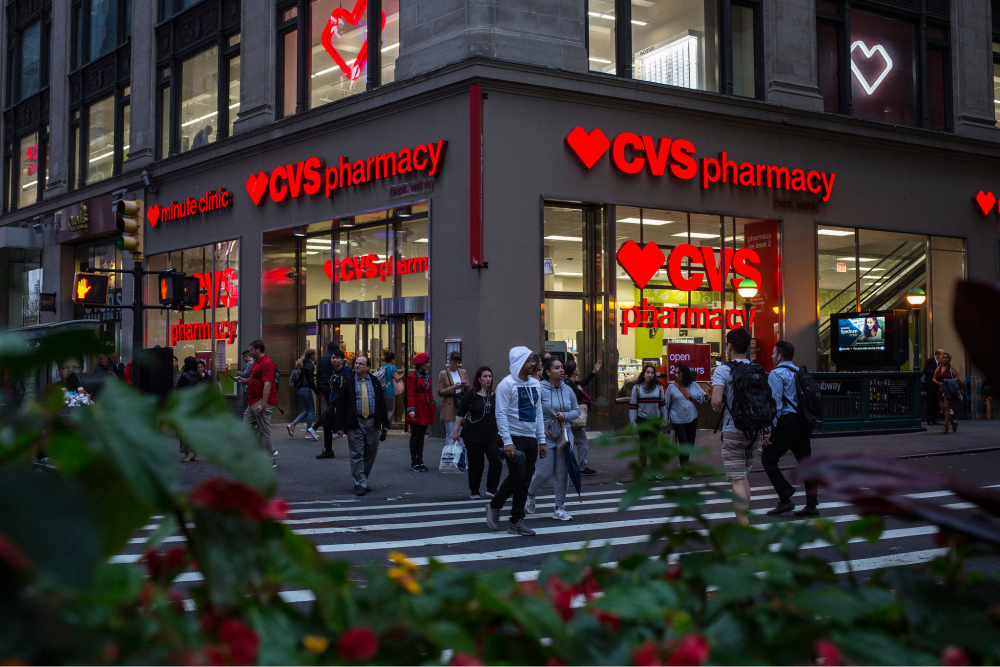
For the time being, its health-focused business covers pharmacy services, specialty pharmacy, pharmacy benefit management, retail, in-store health clinics, and its own Digital Innovation Lab aimed at creating smart devices and apps to improve healthcare. At a time when competitors like Walgreens are closing stores, CVS Health is looking to grow its customer base with extra services that explode traditional expectations. To be more concise, at its health clinic subsidiary, MinuteClinic, patients can get everything from flu shots to cholesterol screenings to a urinary tract infection diagnosis.
When it comes to its Digital Innovation Lab in Boston, the very first tools began rolling out in 2015, including an Apple Watch-compatible mobile app, and a new feature that lets users scan paper prescriptions and insurance cards to fill medications remotely and set reminders to pop pills. Furthermore, the chain did add a plethora of healthier food choices, including fresh fruit and organic brands, in its aisles. In around late 2014, the company also banned tobacco products from its stores and even introduced its own smoking cessation program. More notably, CVS has rolled out full-service hearing and optical services and, in a bid to further its patient education program, partnered with IBM to leverage Watson’s AI-driven system to predict which customers need interventions to avoid health crises.
Striving to reinvent pharmacy to empower people on their path to better health, CVS is seeking to provide a comprehensive range of affordable and quality health services that are within reach economically and physically. Also, CVS teams are committed to delivering innovative solutions that bring out more accessible and simpler experience for patients, customers, and also caregivers. Speaking of the 2020 growth strategy, CVS expects all its marketing and promo materials to be fully transparent – in particular, the retail giant announced it would no longer alter any beauty imagery for its stores, sites, or even social media. Instead, the company intends to truthfully demonstrate the model’s shapes, sizes, skin, eye color, and wrinkles to better reflect realistic depictions of both women and men.
#4. AmerisourceBergen
Come forth in the list of the top healthcare companies by 2019 revenue by Fortune 500 is AmerisourceBergen, a leading American drug wholesale company that was formed by the merger of Bergen Brunswig and AmeriSource in 2001.
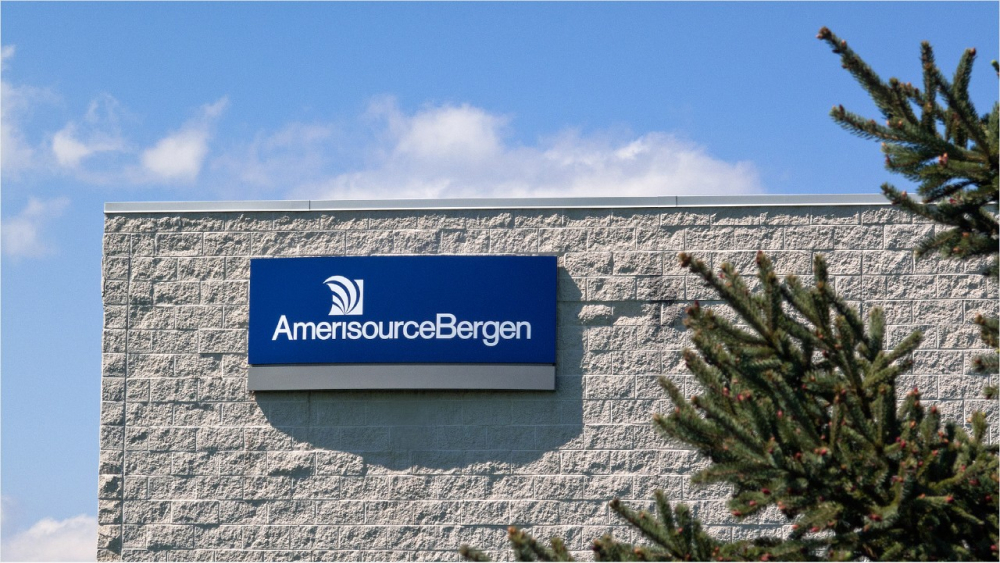
To trace back AmerisourceBergen’s history, its predecessors – Bergen and AmeriSource – were both reputable pharmaceutical distributors that covered different geographies but served similar markets. Hence, their merger resulted in the company forming a strong presence that geared toward helping hospitals, regional retail chain pharmacies, clinics, independent community pharmacies as well as other alternate care facilities.
Actually, AmerisourceBergen did inherit more than 100 years of excellence in wholesale distribution and pharmaceutical sourcing – since then, they have succeeded in leaving a mark in drug distribution and related services that were designed to improve patient outcomes reduce costs and distribute a line of generic pharmaceuticals. Up to now, this McKesson’s top competitor has developed a great chain of health care providers throughout the US including health systems and acute care hospitals, retail chain pharmacies, physicians, clinics, mail order facilities, and other assisted living and skilled nursing centers.
What should also be noted is that AmerisourceBergen transformed itself from a traditional business model – profit at all costs – into a purpose-driven company by 2017. The company has long focused on growing community pharmacy, increasing access to patients, and improving the efficiency of its distribution business- these broad goals have now become part of an explicit purpose: to build healthier futures.
“We are invested in your success,” stated Steven H. Collis, the chairman, president, and chief executive officer of AmerisourceBergen. “And we have recognized that there is so much more we can do to support your success if we work as a purpose-driven organization. Building healthier futures is the lens through which we will evaluate all that we do. Clarity of purpose creates results and will help us remain ahead of the disruptions sweeping our industry.”
“Creating healthy futures depends on the ability to access care,” he went on to explain. “Community-based care will remain central. People lead healthier lives when they can create trusting relationships with community-based providers, including community pharmacy. Our purpose gives us an incentive to drive affordable, accessible, community-based care.”
#5. Cardinal Health
Emerged as the 5th highest-performing healthcare company in the United States with $136.81 billion revenue generated in 2019, the Ohio-based Cardinal Health is a renowned health care services company, specializing in manufacturing medical, surgical, and laboratory products, together with distributing drugs and health care supplies across more than 100,000 locations all over the world.
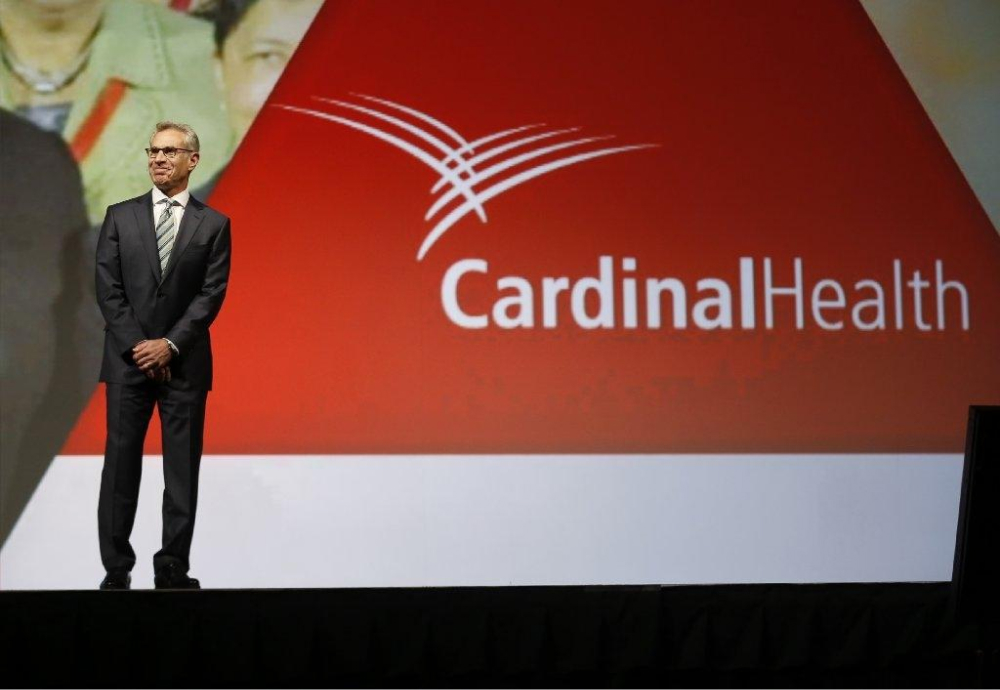
Founded in the year of 1971 as Cardinal Foods by Robert Walter, the company was initially into food wholesaling. Yet in 1979, after acquiring the Bailey Drug Company, it began wholesaling drugs under the name of Cardinal Distribution, Incorporated. As the business behind health care, Cardinal Health helps pharmacies, hospitals, ambulatory surgery centers, and physician offices focus on patient care while reducing costs, improving efficiency and quality, and increasing profitability. Furthermore, this behemoth is an essential link in the health care supply chain, providing pharmaceuticals and medical products to more than 60,000 locations each day.
In addition, the company supports the growing diagnostic industry by supplying medical products to clinical laboratories and operating the nation’s largest network of radio-pharmacies that dispense products to aid in the early diagnosis and treatment of disease. Not restricted to the U.S. healthcare space, Cardinal Health also aims at providing services and medical products to prestigious medical institutions all over the world.
Amongst the top leaders in healthcare manufacturing and distribution, Cardinal Health continues to serve quality services, pharmaceuticals, and devices. Much of their success is attributed to business acquisition and new developments in information technology, which has helped Cardinal Health to become a worldwide dominating force in healthcare. For instance, by 2017, the company completed the acquisition of Medtronic’s Patient Care, Deep Vein Thrombosis, and Nutritional Insufficiency business for $6.1 billion. The acquisition was funded with a combination of $4.5 billion in new senior unsecured notes, existing cash, and borrowings under our existing credit arrangements.
“This business provides our customers with more product offerings and includes some well-established brands that fit naturally within our portfolio and are complementary to our current medical products business. We know these products and many of the employees well, and have seen that our team members share a common commitment to quality, customer service and the patients who we all ultimately serve,” stated George Barrett, chairman, and CEO of Cardinal Health. “We are extremely excited about welcoming our new colleagues from around the world to Cardinal Health.”
#6. Anthem
When it comes to the most reputable and biggest healthcare companies in the USA, Anthem cannot be missed. Earning a revenue of $92.11 billion by 2019, Anthem has experienced sustainable growth of 5.8 % year-over-year, which was driven by revenue growth across all segments. Its commercial and specialty business revenue grew by approximately 5.3% whilst government business grew by over 6.2%.
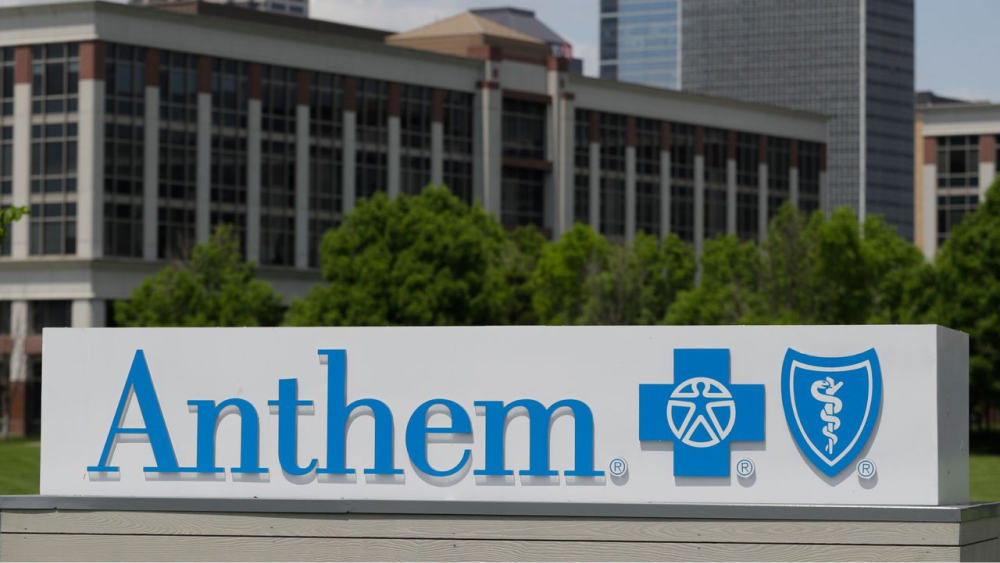
Founded in the 1940s, Anthem is one of the largest for-profits managed healthcare companies, which offers individual, employer-sponsored, Medicare, and Medicaid plans. It strives at delivering a plethora of innovative health benefit solutions through a broad portfolio of integrated health care plans and related services. They also hold expertise in providing a wide range of specialty products and long-term care insurance. With the aim to be “the most innovative, valuable and inclusive partner”, Anthem and its affiliated companies are dedicated to serving more than 108 million people, including more than 42 million within its family of health plans.
“Anthem has a significant opportunity to lead as we continue to unlock the full potential of our company. We are prioritizing investments, focusing on reducing costs, delivering innovative products and services to improve quality of care and outcomes, and creating a more agile, flexible organization that can quickly respond to the evolving needs of our consumers, customers, and the changing healthcare environment,” stated Gail K. Boudreaux, President, and CEO, Anthem.
Headquartered in Indianapolis, Indiana, Anthem, Inc. is a licensee of the Blue Cross and Blue Shield Associationserving members in California, Colorado, Connecticut, Georgia, Indiana, Kentucky, Maine, Missouri, Nevada, New Hampshire, New York, Ohio, Virginia, and Wisconsin.
The Bottom Line
Over recent years, these health-care behemoths have ridden the wave of change, finding ways to maintain or improve sales amid a fast-changing landscape. Actually, they all speak volumes about the dominant role health care plays in the U.S. economy – and emerge as outstanding role models for subsequent businesses to model themselves on.
Should you be also one player within the healthcare space and still vague over where to focus on, then watching out the top performers within the sector turns out to be a great start!

